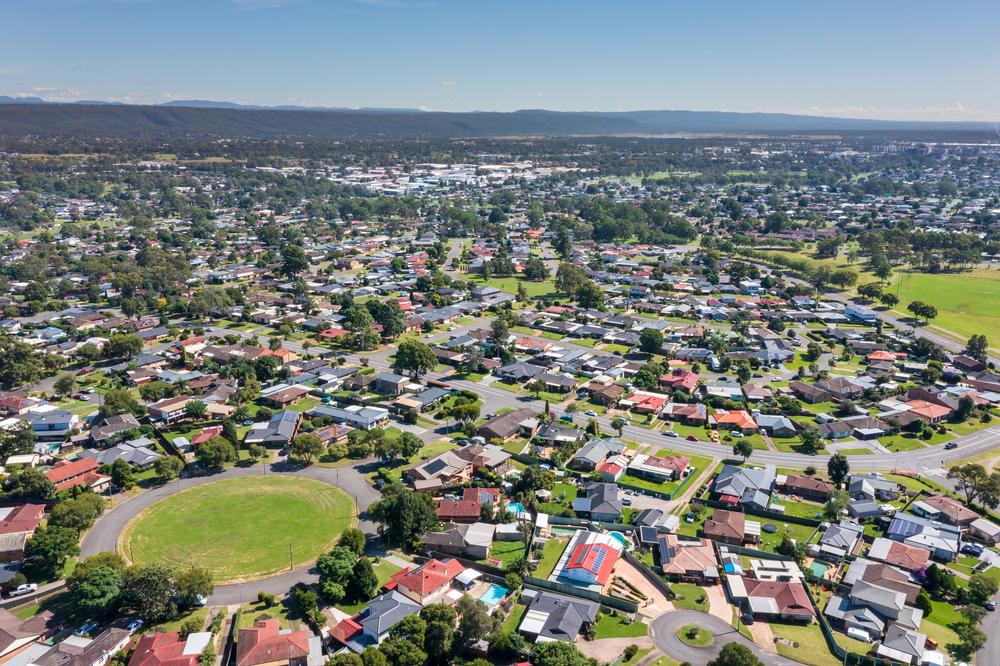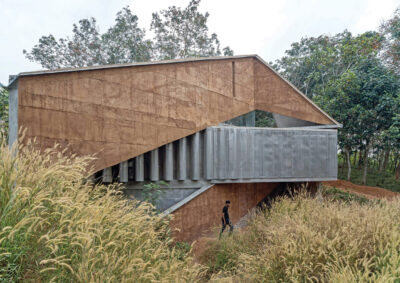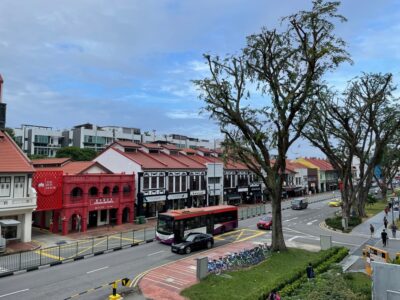New South Wales’ property prices to peak in late 2021
This year’s budget showed that government support measures and low interest rates advanced the rapid rebound in the housing market

According to Domain, house prices in New South Wales (NSW) are expected to peak later this year seeing that sellers are increasingly encouraged to list their homes, and buyers are priced out of the market, slowing house price growth.
Thanks to the booming real estate, more than AUD9 billion in stamp duty revenue was raised, leading to a stronger financial position in this year’s budget by the NSW government.
The budget papers indicated that first-home buyers drove much of the revenue, as activity by this sector surged in the second half of 2020. Stamp duty concessions increased by more than a third during that period, nearly 25,000 compared to a year earlier.
The budget also showed that government support measures and low interest rates advanced the rapid rebound in the housing market.
But that is expected to reach its limit later this year. “Annual house price growth is expected to peak around late-2021,” the budget stated. “As higher prices encourage more owners to sell, this will work to limit house price growth over time. In addition, higher prices are expected to price out more potential buyers, weighing on demand.”
Despite the unexpected boost to state revenue from stamp duty, the government is pushing for an annual land tax in a bid to increase productivity, homeownership, and a more secure revenue stream.
Changing stamp duty was an opportunity to improve productivity in NSW. The budget stated, “Providing the right types of housing, in the right places, at the right times, can make a big difference to labour mobility, productivity and cost of living pressures.”
More: Melbourne’s house prices spike as ’empty nesters’ turn down downsizing
In the meantime, higher house prices, low interest rates, and the federal government’s HomeBuilder policy are predicted to boost residential construction for new houses and renovations in the short term.
Once borders reopen next year, the demand for renovations is expected to drop as any extra money would be spent on international travel.
“Once the temporary boost to housing construction and renovation activity from HomeBuilder fades, housing activity is expected to ease,” the budget stated. “Higher interest rates anticipated for 2024 as the Reserve Bank of Australia tightens monetary policy will accentuate the weakness in demand for housing construction.”
Recommended
Meet the vagabond architect behind India’s housing scene
Vinu Daniel is helping to shake up India’s home building setting
Where Asian real estate stands in a fragmented, warmer world
Asia’s real estate industry faces many and varied challenges as external factors continue to bite
6 sights to see in Singapore’s Marine Parade
Handily located Marine Parade has emerged as a vibrant investment choice in the Lion City
There’s a township dedicated to health and wellness in Malaysia
Property seekers have their health needs catered for at KL Wellness City








